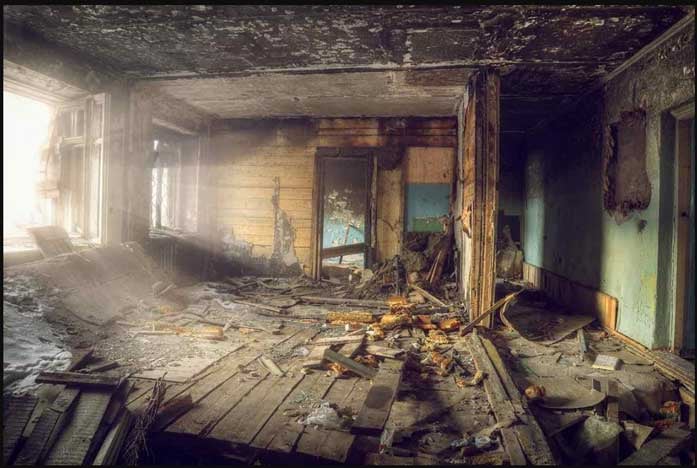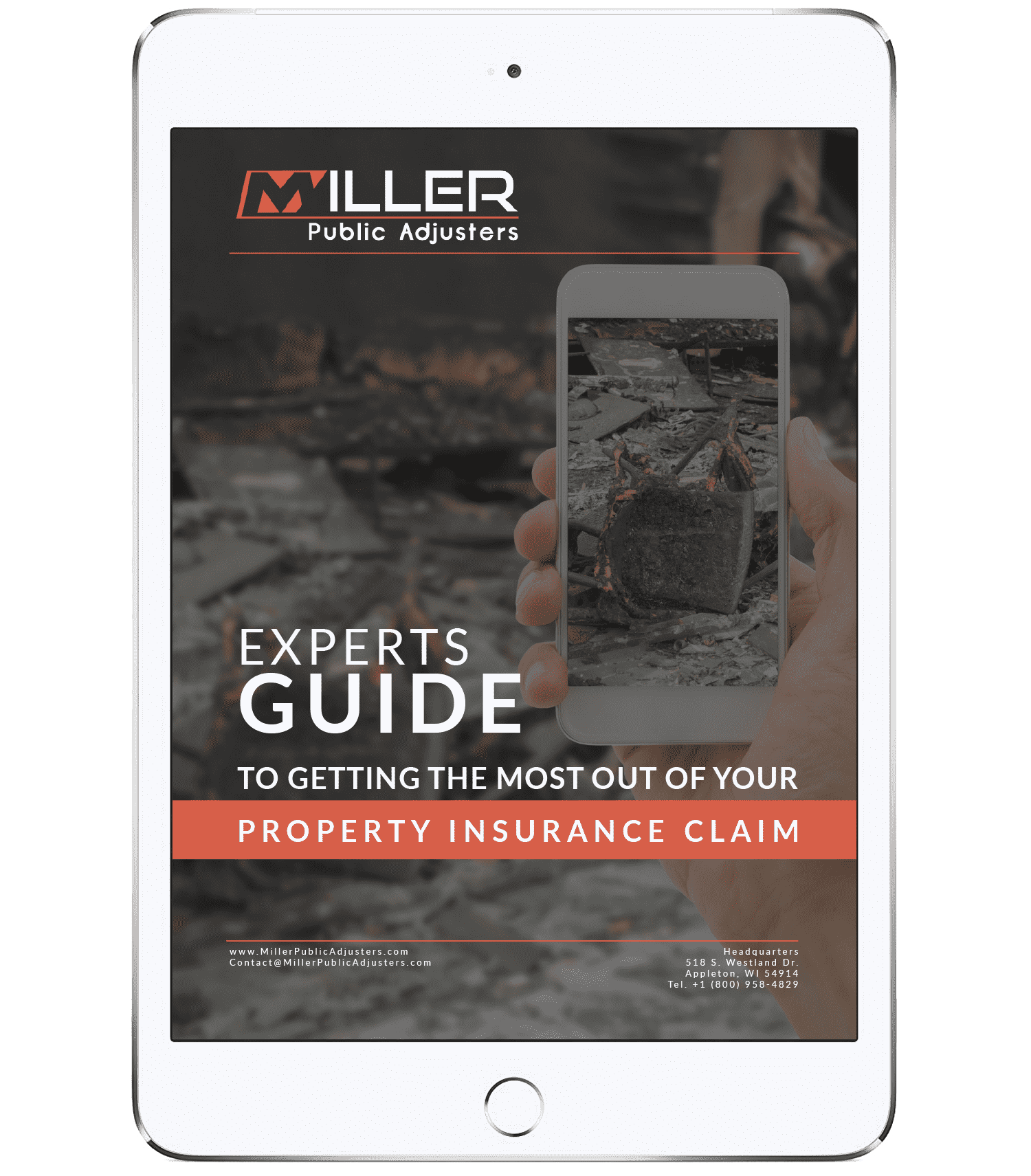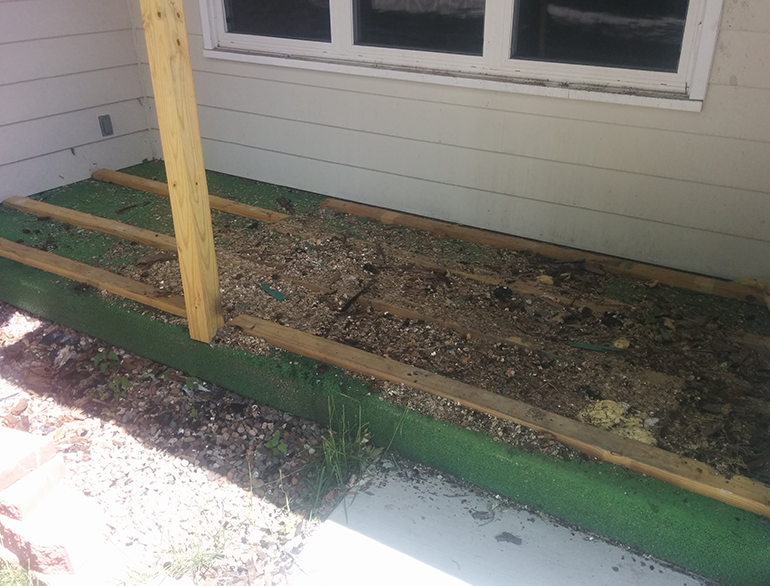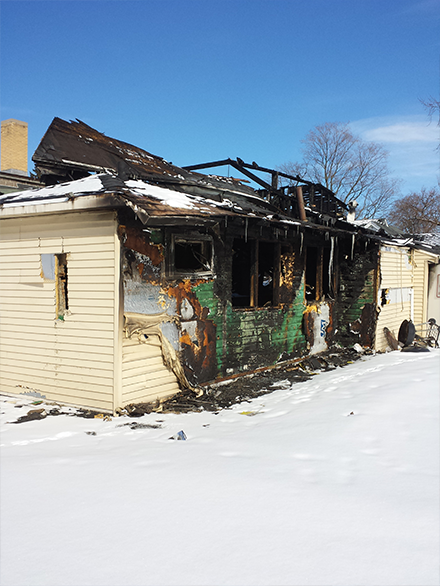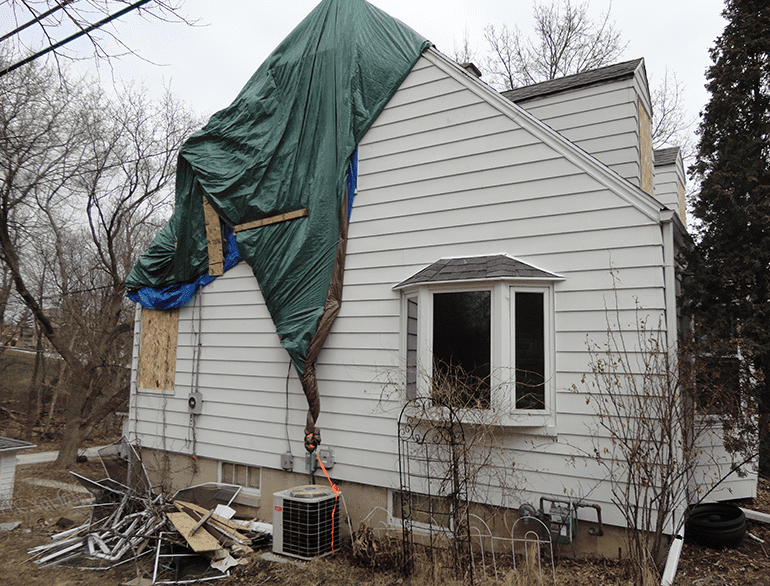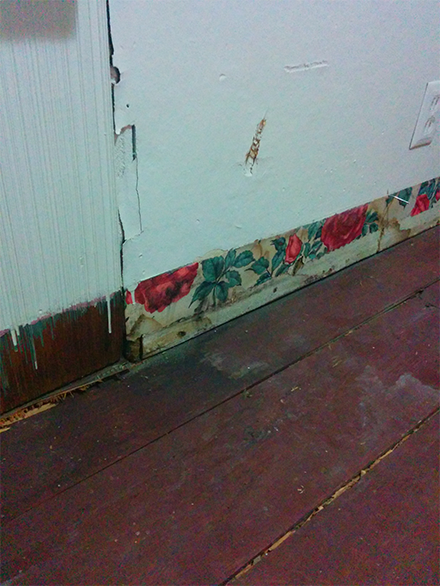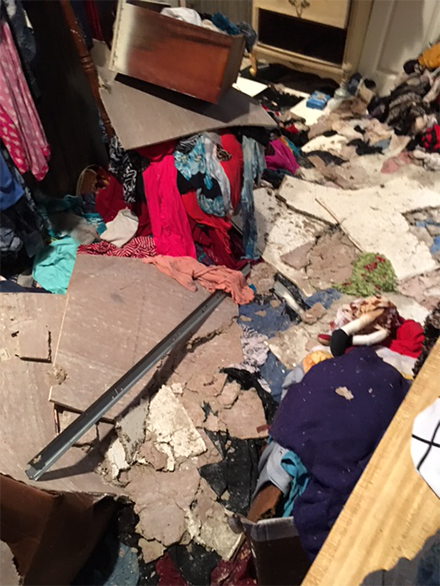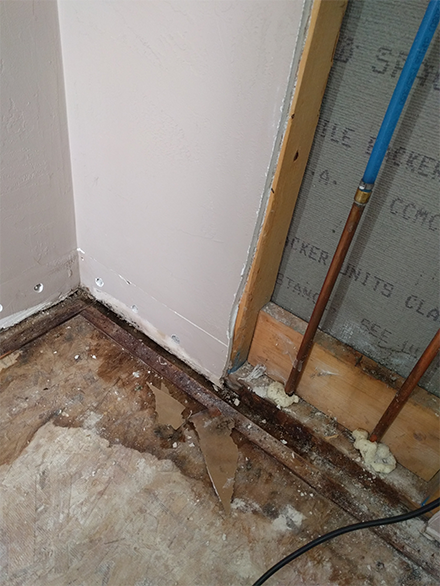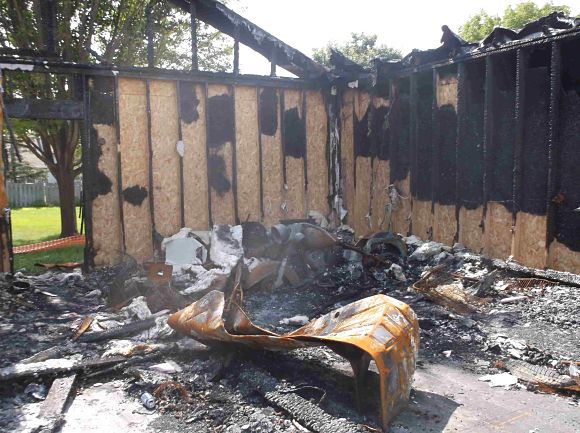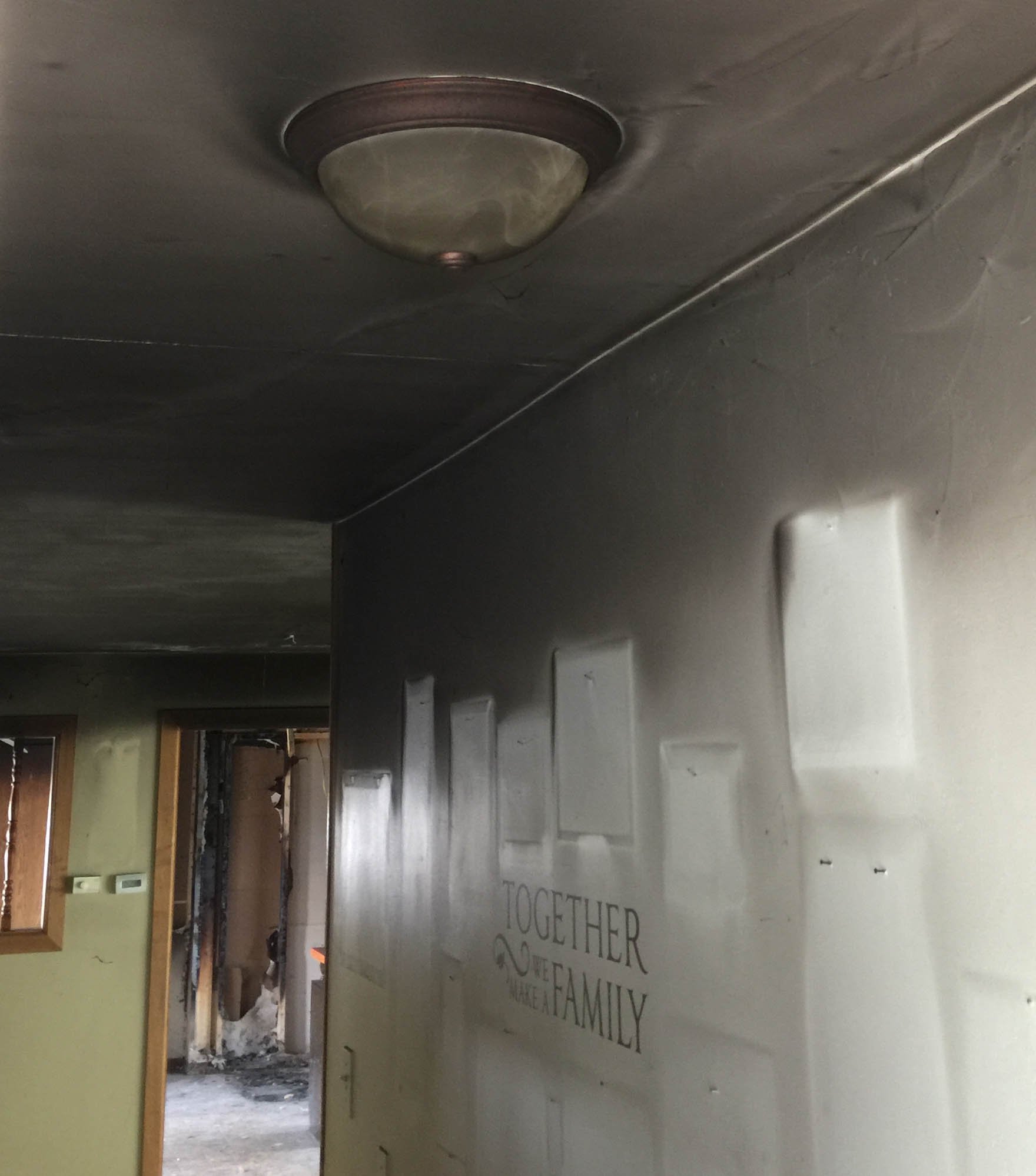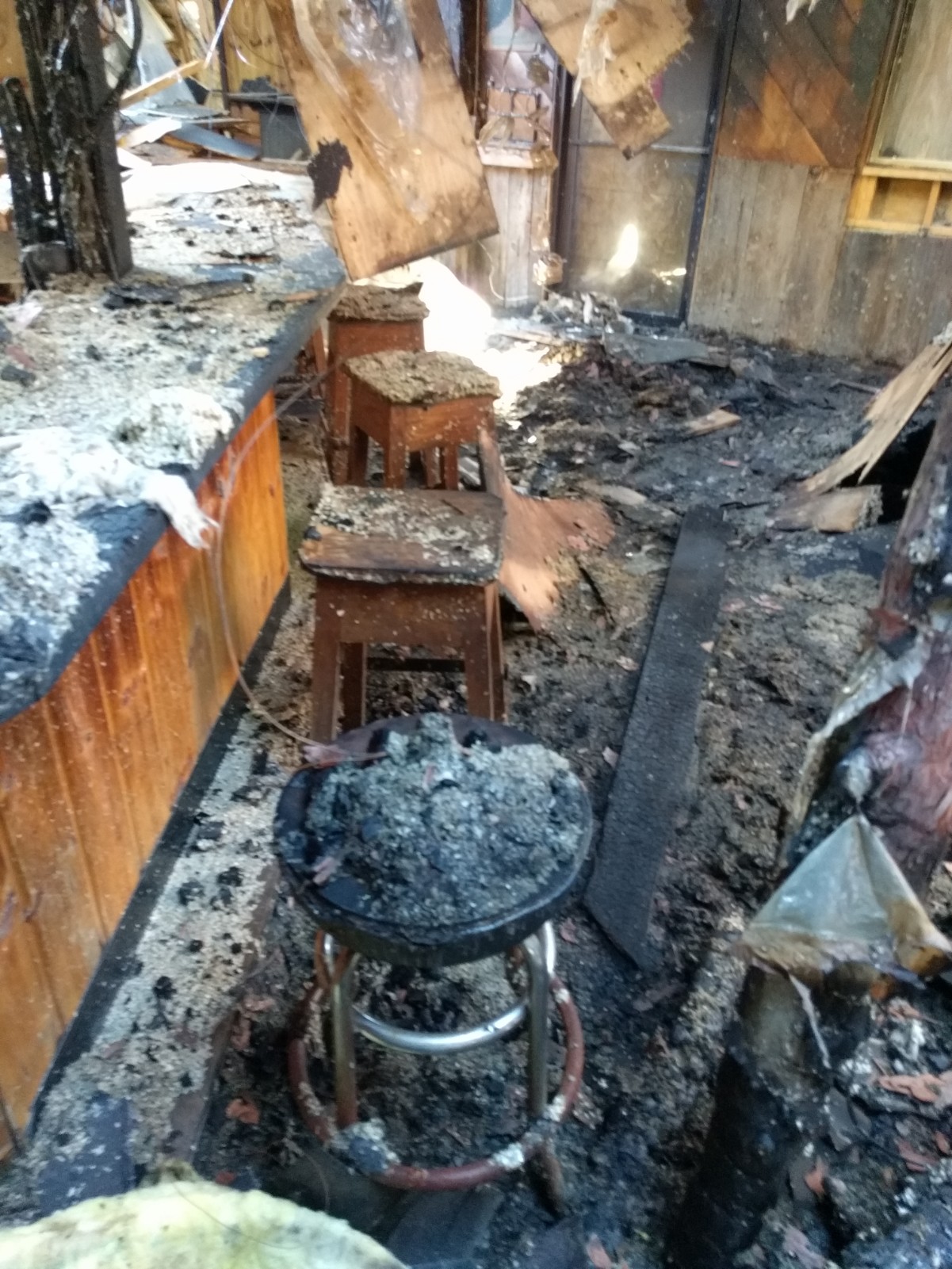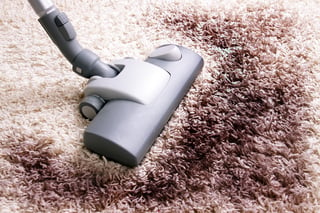
Technology has made cleaning up after a fire a lot simpler than it used to be. However, sometimes cleaning an item isn't the best move. The fire can damage the item so badly that using it again would, at the very least, make it ineffective if not dangerous. Here are five items that should be replaced, with help from your homeowner's insurance, after the items have been damaged by fire.
Insulation
If flames or sparks have made it into your home's insulation, get the insulation replaced now. Burned insulation is at best ineffective; even if you were to stuff the now-empty space with more insulation, the air pockets between the old and new insulation would render the section rather useless. It's better to remove the remaining section and install completely new insulation.
It's also dangerous to keep partially burned insulation because a hidden ember can smolder for hours. It is very possible for that smoldering ember to re-ignite, causing a second fire.
Carpet
Burned carpet is difficult to clean, and even harder to cover up. While you could cut out the burned carpet and install new sections, the carpet available when you do the repairs likely will not be from the same lot, creating both a mismatch and seam(s) that can fail. You're better off replacing all of the carpet in the room.
Glass
Heat can weaken glass, so even if the glass appears intact and clean, it could be ready to shatter. You don't want to close a window, only to have the glass break when the pane impacts the frame.
Structural Framing and Other Charred Wood
If any of the building's framing has been damaged, replace it. Any wood that has been charred is now weaker than it should be. That does not bode well if there is a quake or some other stress on the building's frame. Planning to scab a piece of wood in next to charred wood is a shoddy repair plan that you should reject.
Electrical Wiring
Damaged electrical wiring could have hidden faults and be a fire hazard waiting to ignite or shock. After a fire, you should have your electrical wiring inspected. Any melted or damaged wiring needs to be replaced — even if the wire insulation looks just a little damaged — to ensure you won't have a secondary electrical fire on your hands.
Miller Public Adjusters proudly serves policyholders in
Wisconsin, Illinois, Indiana, Michigan, Minnesota, Texas and Florida.
Call us 24 hours a day at 866-443-5167 to schedule a consultation, or you can request a Free Claim Review to see how we can help.
.png)



